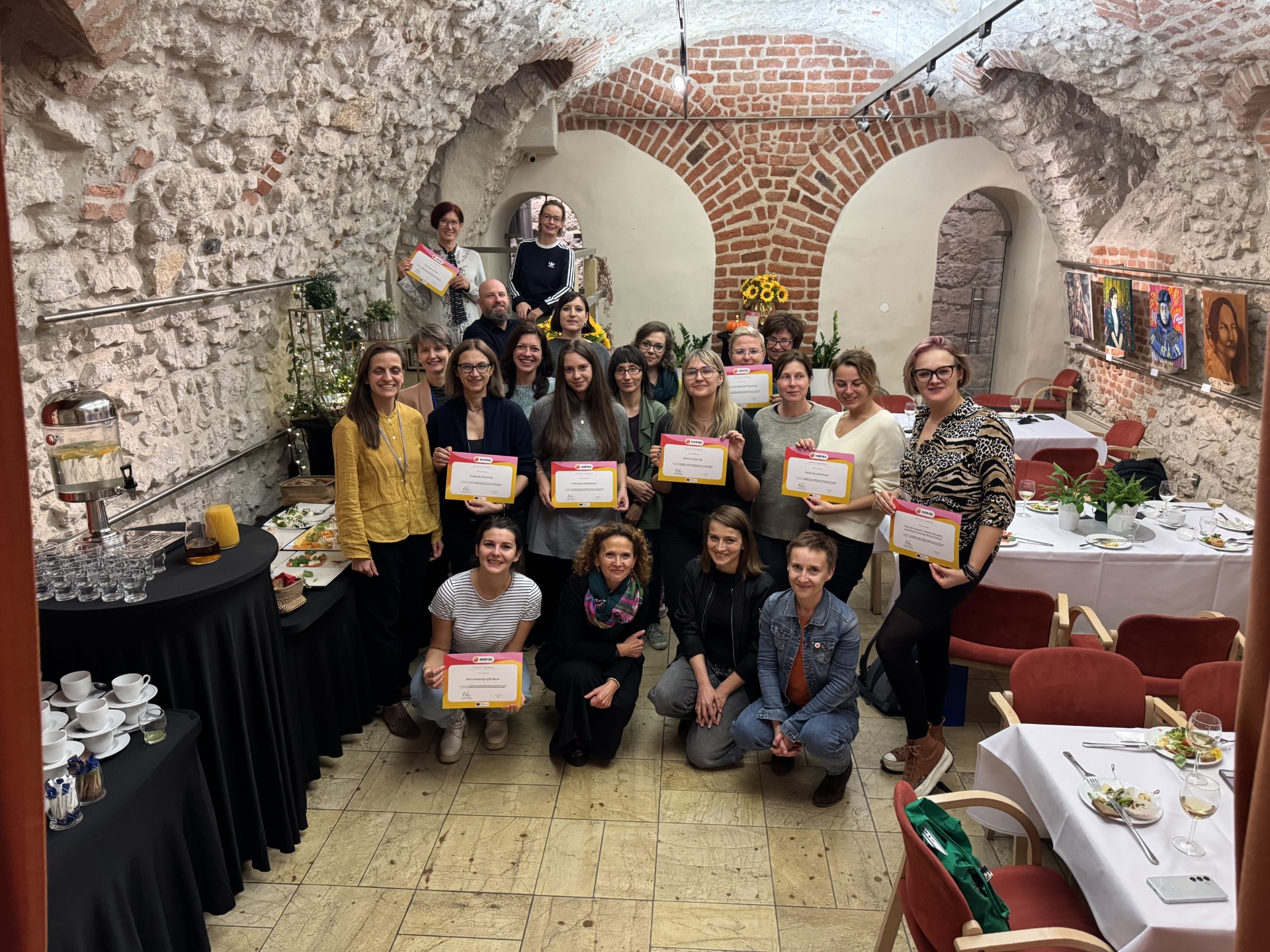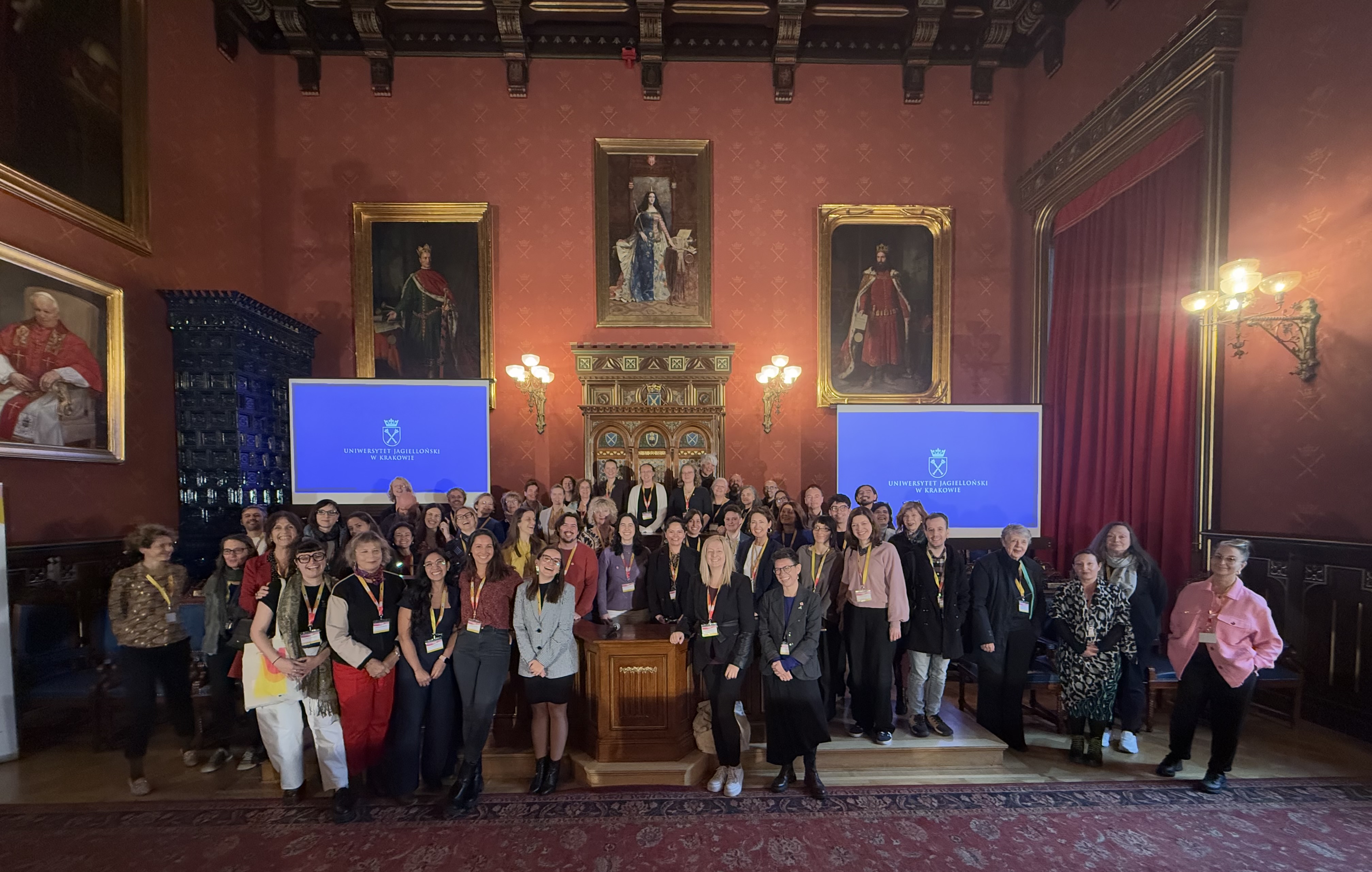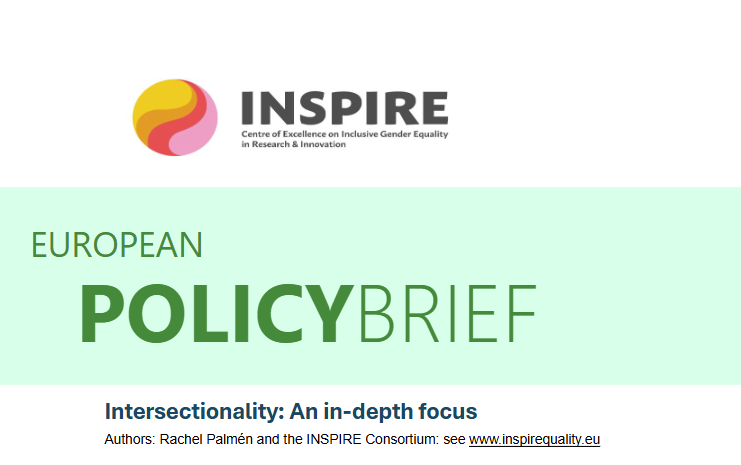On October 24th and 25th, the Institute of Sociology and the Department of Security, Safety and Equal Treatment at Jagiellonian University (JU) hosted a comprehensive training session on Monitoring and Evaluation of Gender Equality Plans (GEPs) in Kraków. The event brought together members of the WIGE Community of Practice, eager to enhance their skills and knowledge in this crucial area. The training was funded by the Support Package as part of the INSPIRE project.
The first day began with setting a friendly tone for the event. Ewa Krzaklewska (JU), Ewelina Ciaputa (JU) and Liv Baisner Petersen (University of Southern Denmark, SDU) kicked off the session with a welcome address. An icebreaker exercise helped participants introduce themselves and fostered a sense of community.
The morning sessions included an introduction to monitoring and evaluation, with practical examples from SDU, discussions on indicators, and the importance of inclusive GEPs and intersectionality. These sessions were interactive, featuring live polls and engaging presentations.
After a break, Maria Olivella Quintana presented the first case study of University of Catalonia (UOC) and their evaluation methods, followed by a lively Q&A session. Marta Dziedzic, representing the MINDtheGEPs project, then presented the second case study of University of Gdańsk, which also sparked insightful discussions.
Post-lunch, the focus shifted to practical exercises. Participants reflected on how to evaluate their chosen GEP activities, followed by an introduction to the Diversity Lab. This hands-on session allowed participants to present their evaluation plans, receive feedback, and engage in group reflections.
The second day started with Silvia Fierăscu’s (West University of Timișoara) presentation of data monitoring, featuring an interactive session that included a small break for participants to recharge.
After lunch, the focus was on addressing challenges. Participants brainstormed solutions in groups and shared their insights in a plenary session. The day concluded with a reflective exercise where everyone shared one word to describe their experience.
The training provided participants with valuable skills and knowledge to effectively monitor and evaluate GEPs. The collaborative and interactive nature of the sessions ensured that everyone left with practical insights and a stronger network of peers.
We look forward to seeing the positive impact of this training on future GEP initiatives!




